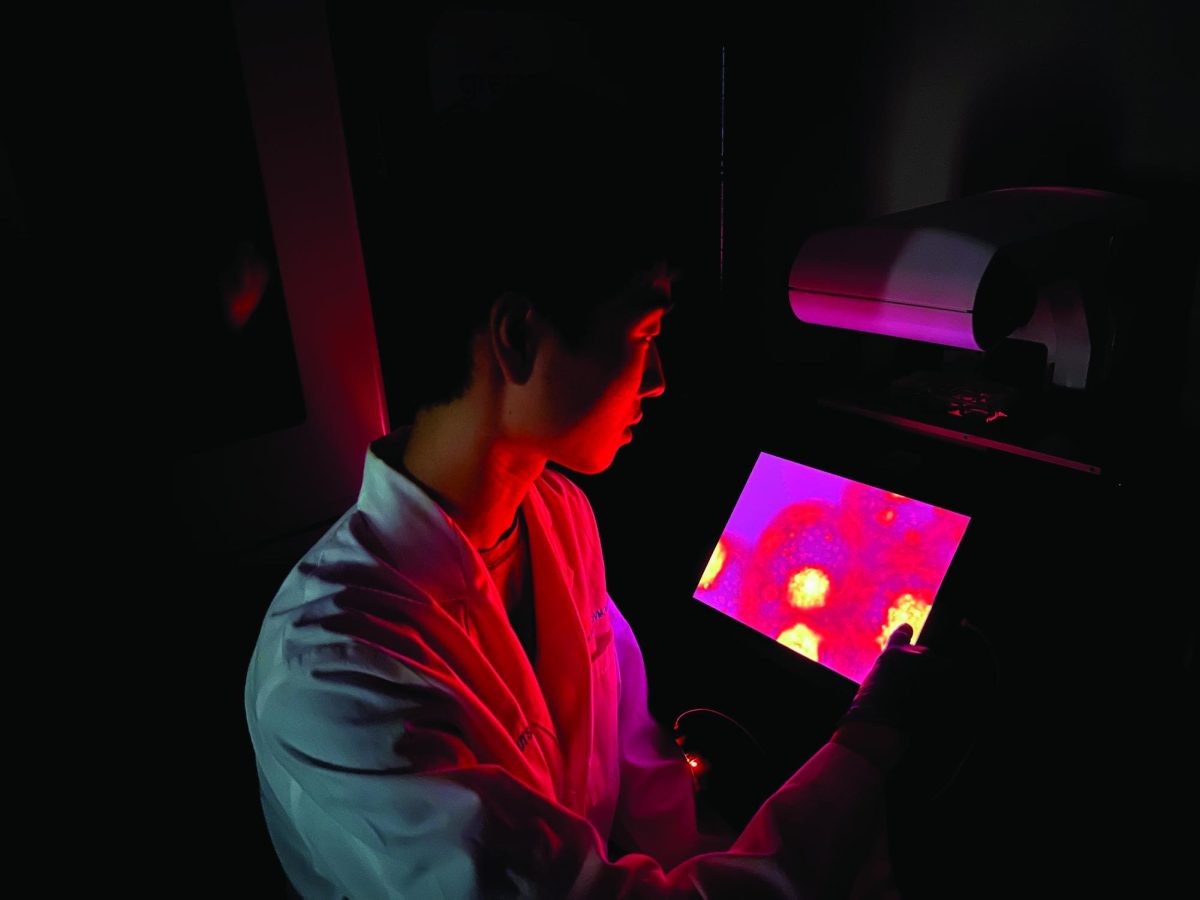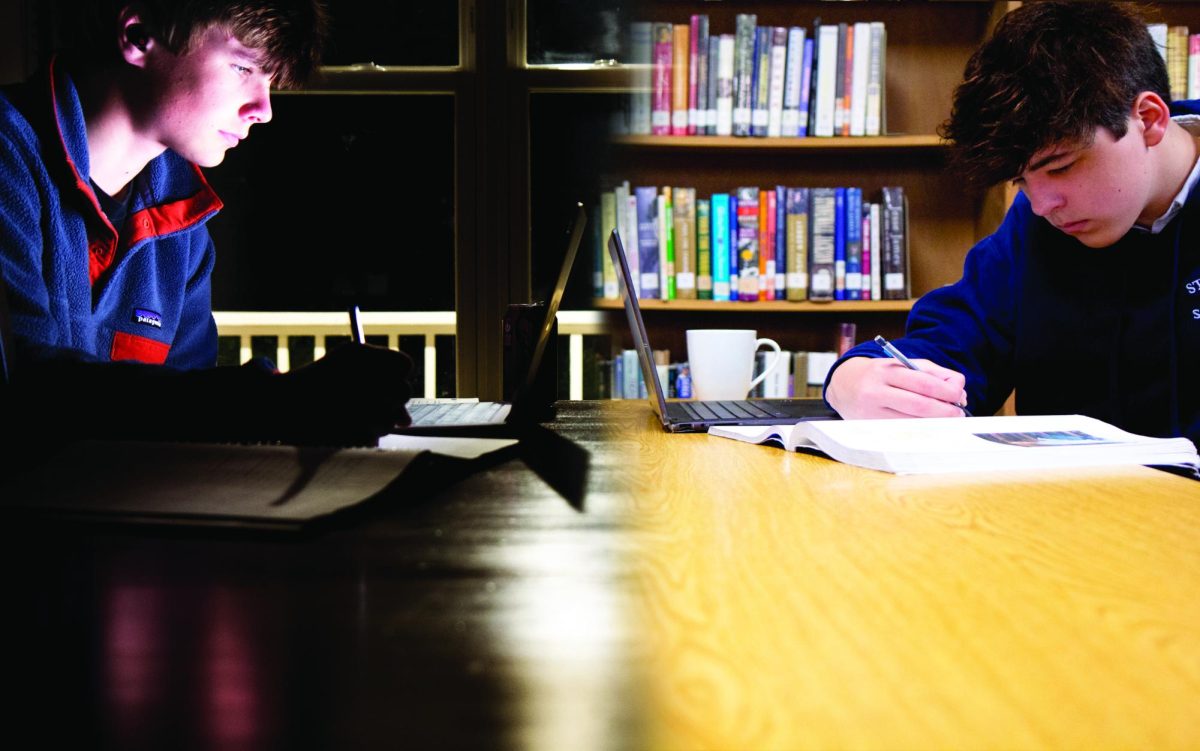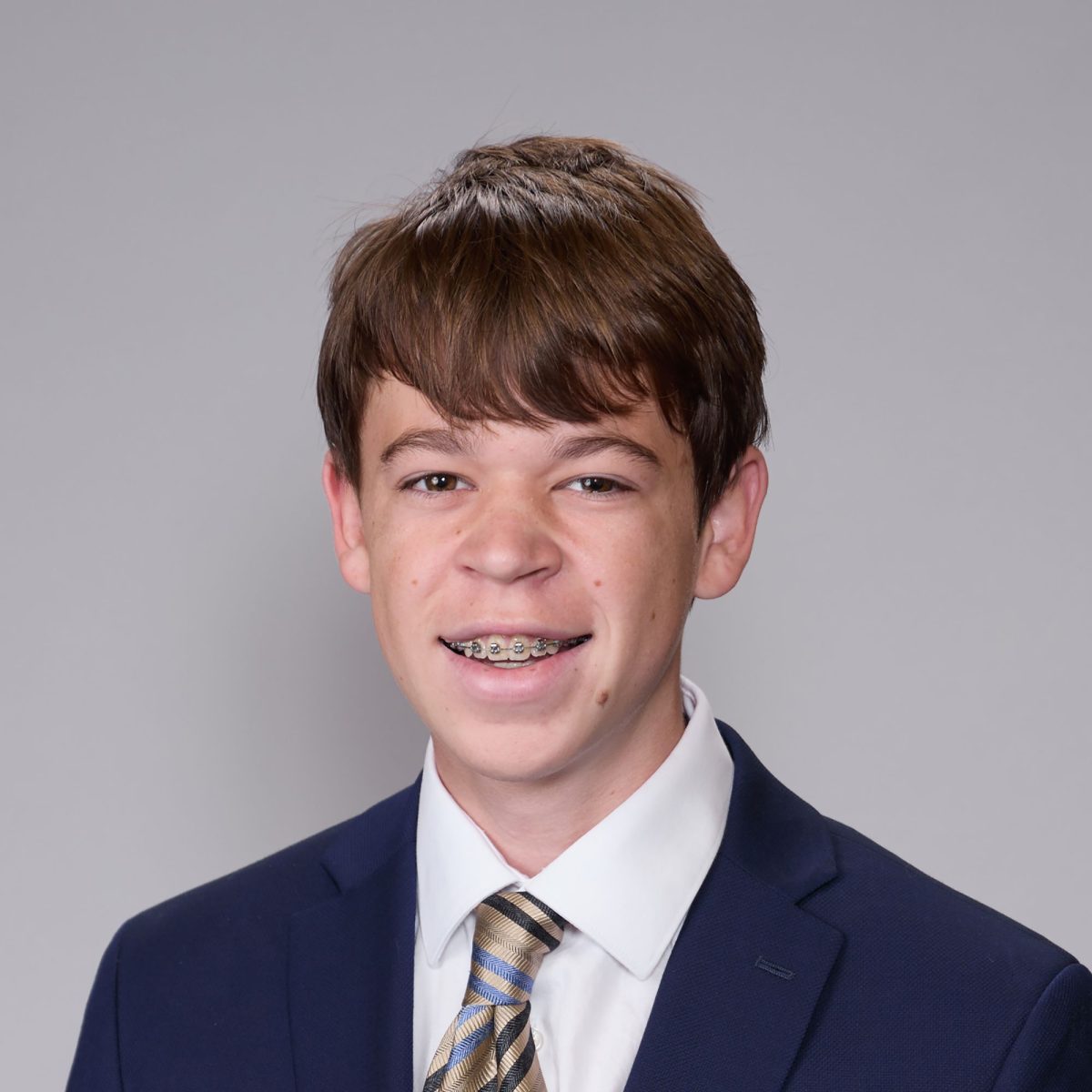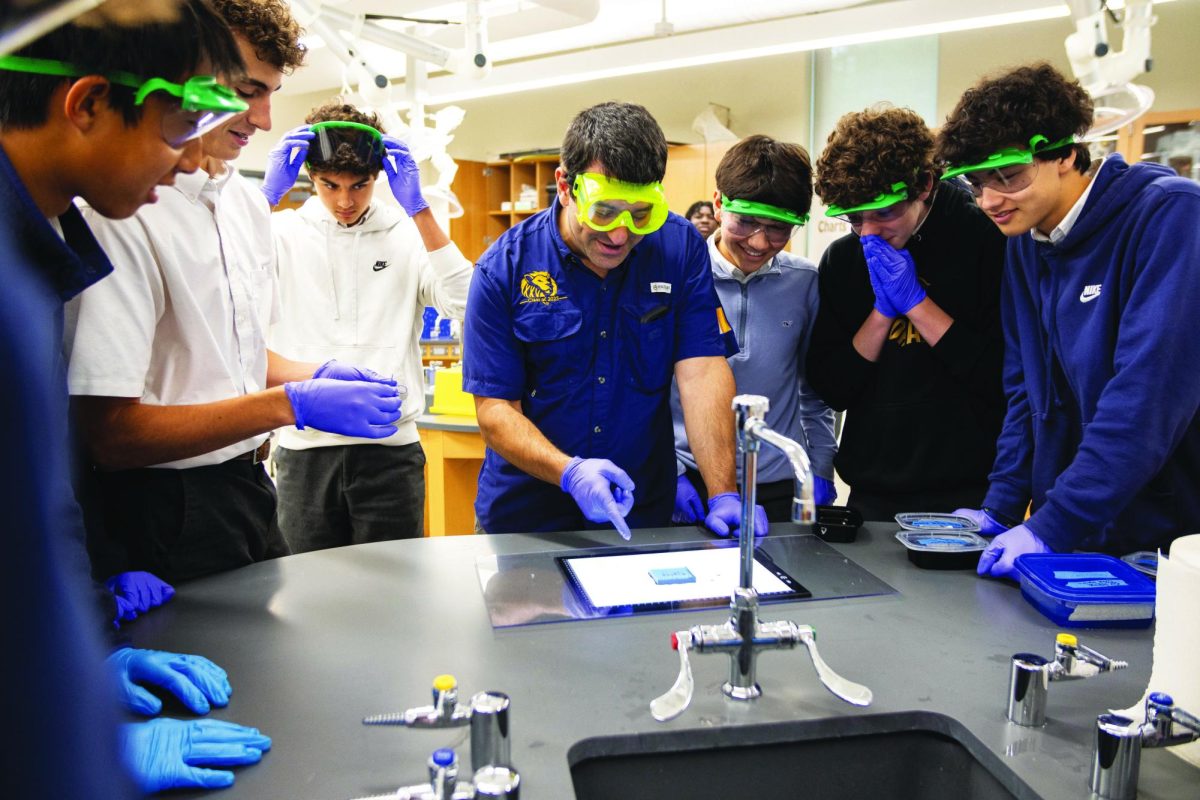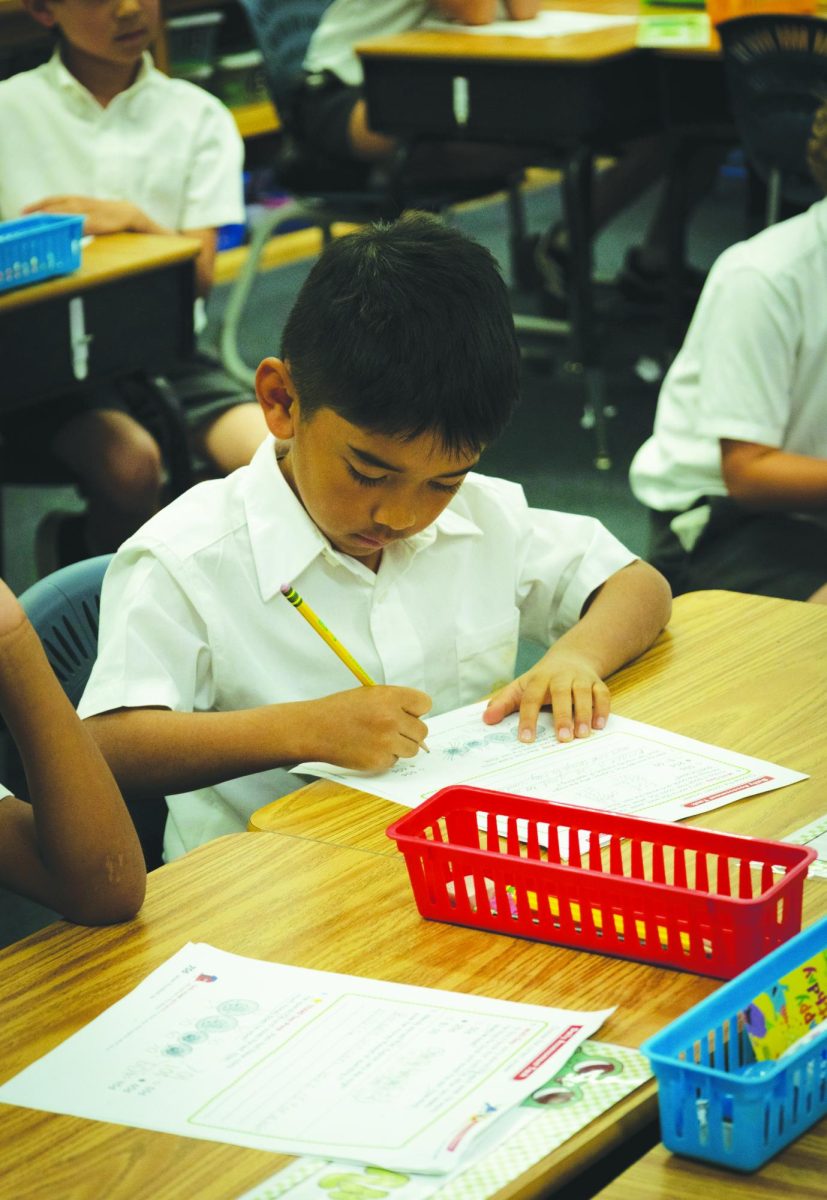Life-saving vaccines and medications don’t just appear out of thin air. Behind each lies thousands of research hours and millions of dollars.
In recent years, the United States has led global research and development expenditure, boasting an annual budget that reaches hundreds of billions of dollars. This massive investment has played an instrumental role in shaping various fields and advancing scientific knowledge and innovation on a global scale.
While entering this field of research and academia holds promise and intrigue for scientists, many view it as a less attractive career path, primarily because of its low financial compensation and demanding workload.
But certain students who understood these sacrifices still decided to temporarily join the industry over the summer, experiencing firsthand lab research and preparing themselves for a potential career.
Senior Ethan Gao interned over the summer at the University of Texas Southwestern (UTSW). Gao has always shown interest in the sciences, but other career paths, such as the military, were also in the running. Gao needed to explore his choices.
“I wanted to see whether that life would be a good fit for me,” Gao said. “I had always been close to research through my father’s profession, and I wanted to try a smaller version of his lifestyle to see if I wanted to pursue it in the future.”
In a matter of days, Gao went from interacting with fellow classmates and teachers to post-doctoral students, undergraduates and professors, from basic chemistry assignments and working a 9-5 job in a fully-operating lab.
“It’s a lot more freedom than high school,” Gao said. “Your professor isn’t going to just tell you what to do. There’s no more ‘study this, and study that’; you’re trying to produce new results.”
Due to water polo and a military summer camp, Gao missed out on one of the most vital and interesting parts of a 3-month-long internship: research.
“I’m still grateful to have the lab experience,” Gao said. “But I never really got any research of my own. I wish I could have gotten that part of the experience.”
Gao is still torn between career choices, but the internship allowed him to better understand a potential path.
“I might do medicine later, after the military,” Gao said. “I don’t know if the military is my number one anymore.”
Similarly, senior Alex Pan also pursued his interest in research this past summer, something he’s spent years preparing for.
“In Middle School, I did math team competitions, and I was always the best at the science section,” Pan said. “So, I studied that part more. It snowballed into wanting to learn more about it and do practical things.”
Pan’s passion for science eventually led him to a lab opportunity at UTSW, where he continues to do research despite the end of his official internship two summers ago.
“I don’t think I’ve missed a day since July,” Pan said. “I have a lot of role models, who have been here for years, doing 14 hours a day in the lab, and I’ve noticed that all the people in my lab seem like they’re always here. I think it’s just seeing these people around here that keeps me coming back.”
Throughout his summer at the internship, Pan memorized many lab techniques and conducted various experiments, applying new methods and sharpening familiar ones. But more often than not, he failed.
“I think the most important thing I learned was about how to plan and try to avoid failure,” Pan said. “When something fails, or when something you try to avoid happens, you need to learn how to plan better for next time. By seeing where the experiment failed, I could then know I should avoid some of these conditions in the next experiment so that there’s a higher likelihood it succeeds.”
While both Pan and Gao treasured their time over the summer, lab work may still not be for anyone.
“If you don’t like lab research, or if you’ve done school labs and just hated it, maybe try something else over the summer,” Gao said. “But, if you’re into science, and you want to pursue a deeper research into it, this is a great opportunity to do that.”
Burning the midnight oil in the biology lab
September 21, 2023
Categories:
IN THE DARK Senior Alex Pan is looking at stained cells from his most recent experiment.
More to Discover
About the Contributors
Joseph Sun, Focus Editor
Doan Nguyen, Enterprise Editor

